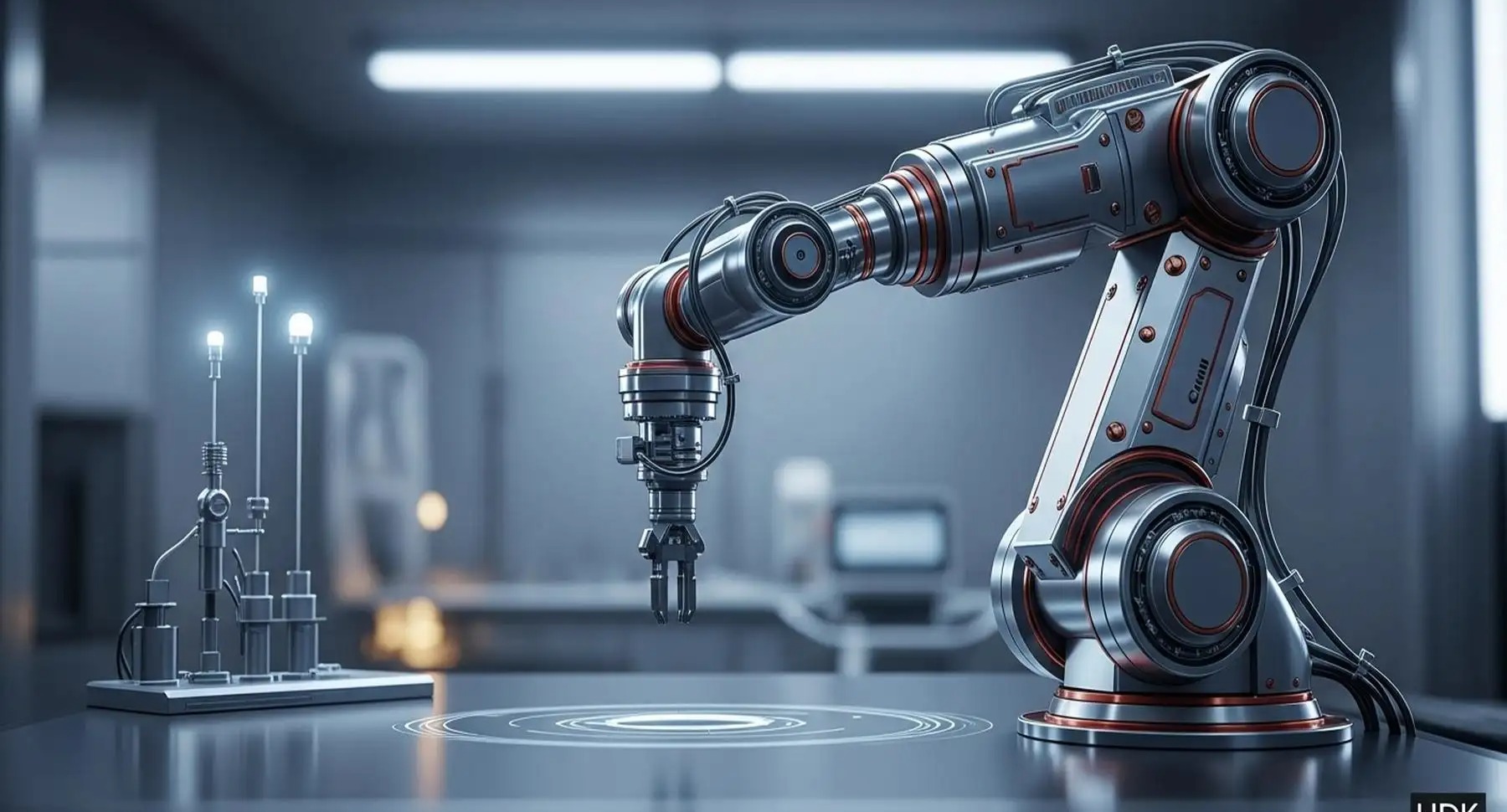What's Happening?
Tesla has announced its 'Master Plan Part Four', which emphasizes the integration of artificial intelligence and robotics into its operations. The plan, shared on the social media platform X, highlights Tesla's commitment to achieving 'sustainable abundance' through AI. A key component of this plan is the Optimus humanoid robot, which Tesla aims to incorporate into various aspects of its product ecosystem, including robotaxis and manufacturing processes. This strategic move underscores Tesla's ongoing efforts to leverage AI for enhancing efficiency and innovation within its automotive and technological offerings.
Why It's Important?
The unveiling of Tesla's 'Master Plan Part Four' signifies a pivotal shift towards deeper AI integration, which could have significant implications for the automotive industry and beyond. By focusing on robotics and AI, Tesla is positioning itself at the forefront of technological advancement, potentially setting new standards for automation and efficiency. This move could influence other automakers to adopt similar strategies, thereby accelerating the development of AI-driven solutions across the industry. Additionally, the emphasis on sustainable abundance suggests a commitment to environmentally friendly practices, which could resonate with consumers and stakeholders advocating for greener technologies.
What's Next?
Tesla's focus on AI and robotics is likely to lead to further innovations and developments in its product lineup. The company may continue to refine and expand its AI capabilities, potentially introducing new features and applications for the Optimus humanoid robot. Stakeholders, including investors and industry analysts, will be closely monitoring Tesla's progress and the impact of these advancements on its market position. Furthermore, regulatory bodies may evaluate the implications of increased AI integration, considering potential ethical and safety concerns associated with autonomous technologies.
Beyond the Headlines
The integration of AI and robotics into Tesla's operations raises important ethical and cultural questions. As AI becomes more prevalent, issues related to job displacement, privacy, and security may arise, necessitating careful consideration and regulation. Additionally, the cultural acceptance of humanoid robots in everyday life could lead to shifts in societal norms and interactions, prompting discussions about the role of technology in human experiences.










